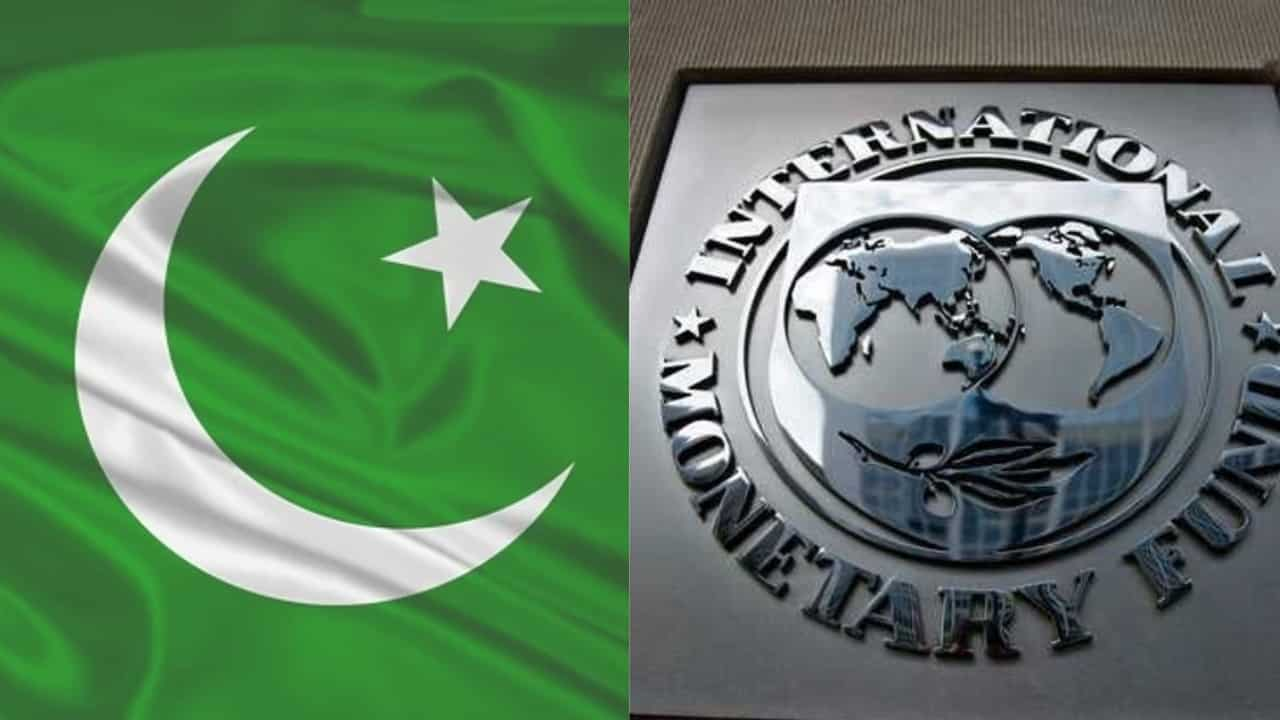The International Monetary Fund (IMF) has been a crucial financial lifeline for Pakistan since the country became a member in 1950. Over the years, Pakistan has entered into several agreements with the IMF, seeking assistance to overcome fiscal crises, balance of payments problems, and political instability. The latest chapter in this financial partnership involves a $7 billion loan program aimed at stabilizing the country’s economy. Let’s explore the history, frequency, and implications of Pakistan’s relationship with the IMF.
A long history of IMF loans
Since its membership, Pakistan has entered into 25 financial arrangements with the IMF. The first loan was taken in 1958, when the IMF extended $25,000 to Pakistan under a standby arrangement. Over the next few decades, the country continued to rely on the IMF for assistance, often during times of political and economic turmoil.
Key milestones in the IMF-Pakistan financial relationship include:
-
1970s-1980s: Following the loss of East Pakistan (now Bangladesh) in 1971, Pakistan’s financial needs grew. Between 1972 and 1981, the IMF provided loans to the country totaling millions of dollars to address the severe financial strain caused by the war and economic instability.
-
1990s: The 1990s saw Pakistan request further financial aid due to ongoing fiscal deficits. Major loans were secured during the governments of Benazir Bhutto and Nawaz Sharif. Despite multiple programs, Pakistan struggled to implement necessary reforms.
-
2000s: Pakistan’s relationship with the IMF intensified, reaching new levels of urgency, particularly during the global financial crisis. A large loan of $7.6 billion was granted in 2008.
-
2010s: Despite political and security challenges, Pakistan continued to receive IMF support, including the extended fund facility (EFF) arrangement in 2013.
-
Recent years: The latest loan, approved in 2024, follows a pattern of urgent financial interventions as Pakistan faces significant debt challenges and geopolitical tensions.
The repayment dilemma
Pakistan has faced significant difficulties in repaying its IMF loans. Historically, the country has struggled to adhere to IMF conditions, such as implementing structural reforms, reducing fiscal deficits, and improving governance. While the IMF has disbursed billions over the years, Pakistan’s repayment record remains mixed.
According to the IMF, Pakistan’s repayments have been irregular, often extended over long periods. The economic situation, including high inflation, political instability, and a large informal economy, has contributed to delays in repayments and led to Pakistan entering new loan agreements before old debts are fully cleared.
Despite these challenges, Pakistan continues to negotiate new loans as it remains trapped in a cycle of borrowing. The IMF’s involvement has often been a double-edged sword, with the required reforms, such as subsidy cuts and privatizations, being politically contentious and economically painful.
How will Pakistan repay?
The repayment plan for the latest $7 billion loan involves staggered disbursements, with Pakistan set to receive funds in installments over a period of 37 months. The first disbursement of approximately $1 billion has already been released under the Extended Fund Facility (EFF), and further installments are contingent on the successful completion of biannual reviews.
Pakistan will face several hurdles in meeting the IMF’s requirements, including implementing fiscal discipline, reforming state-owned enterprises, and enhancing revenue generation. These steps are vital for Pakistan to demonstrate its commitment to debt repayment and stabilize its economy.
However, the ongoing geopolitical challenges, particularly border tensions with India and Afghanistan, may complicate efforts to adhere to the IMF’s conditions. Additionally, domestic political dynamics, such as the military’s influence over economic decisions, could pose risks to the successful implementation of the required reforms.
A pattern of repeated bailouts
The repeated need for IMF assistance raises questions about the effectiveness of the country’s economic policies and its ability to break free from the debt trap. As pointed out by India at the recent IMF meeting, Pakistan’s poor track record of implementing reforms and its continuous reliance on loans reflect systemic issues in governance and economic management.
Pakistan’s heavy debt burden and history of repeated IMF bailouts have led to a perception that the country is “too big to fail” for the IMF. However, this cycle has left the nation with an enormous debt load and limited room for economic maneuver.
Pakistan’s relationship with the IMF is a long-standing and complex one. With over 25 loan agreements in the past seven decades, Pakistan’s dependence on IMF assistance is undeniable. While recent loans aim to stabilize the economy, the challenges of repayment remain significant. Political instability, military influence on economic policy, and the lack of sustained reform implementation make Pakistan’s journey towards economic stability a difficult one. As the country continues to seek IMF support, the question remains: can Pakistan break free from this cycle of debt, or will it remain trapped in a perpetual need for financial lifelines?
Anurag Dhole is a seasoned journalist and content writer with a passion for delivering timely, accurate, and engaging stories. With over 8 years of experience in digital media, she covers a wide range of topics—from breaking news and politics to business insights and cultural trends. Jane's writing style blends clarity with depth, aiming to inform and inspire readers in a fast-paced media landscape. When she’s not chasing stories, she’s likely reading investigative features or exploring local cafés for her next writing spot.






